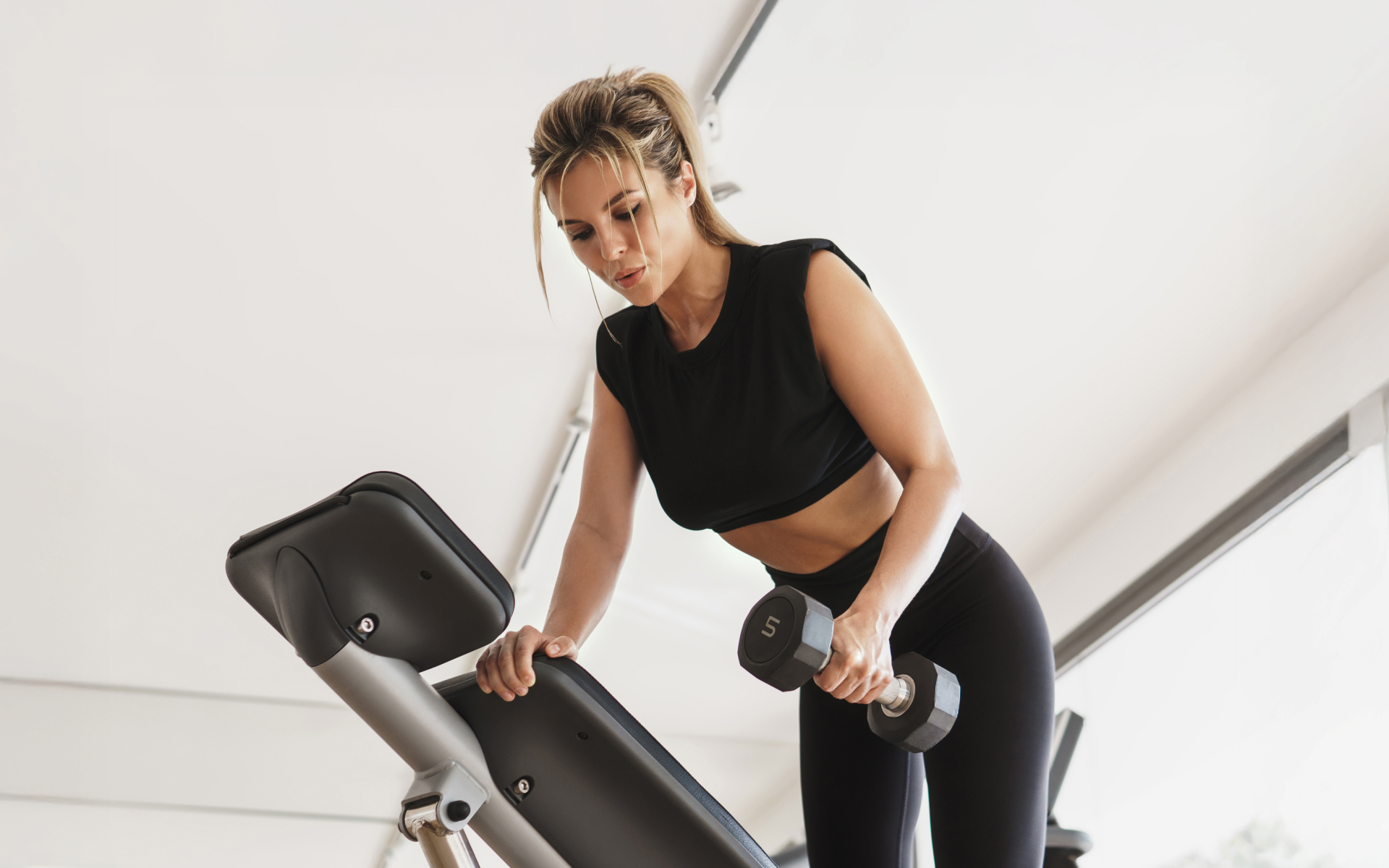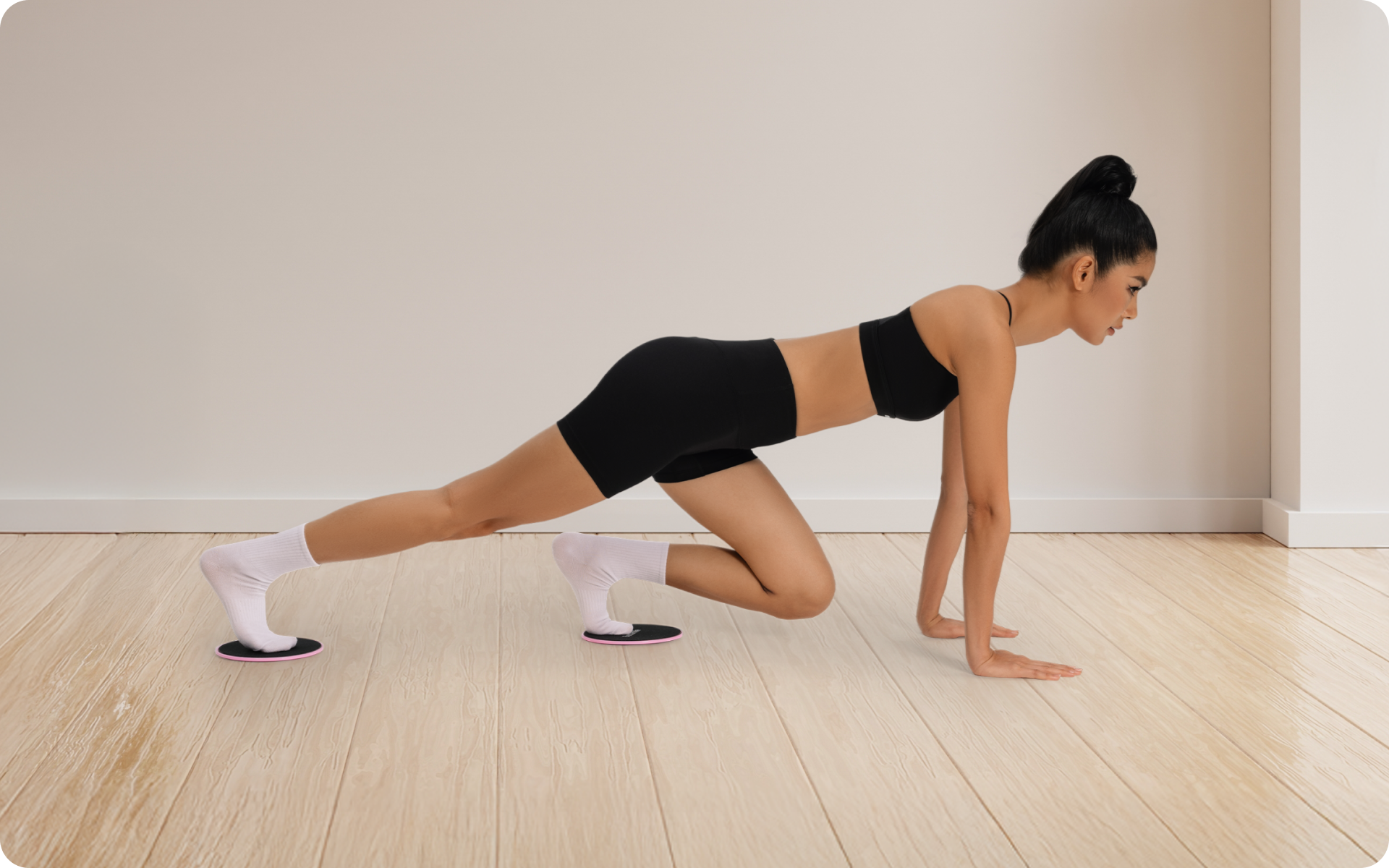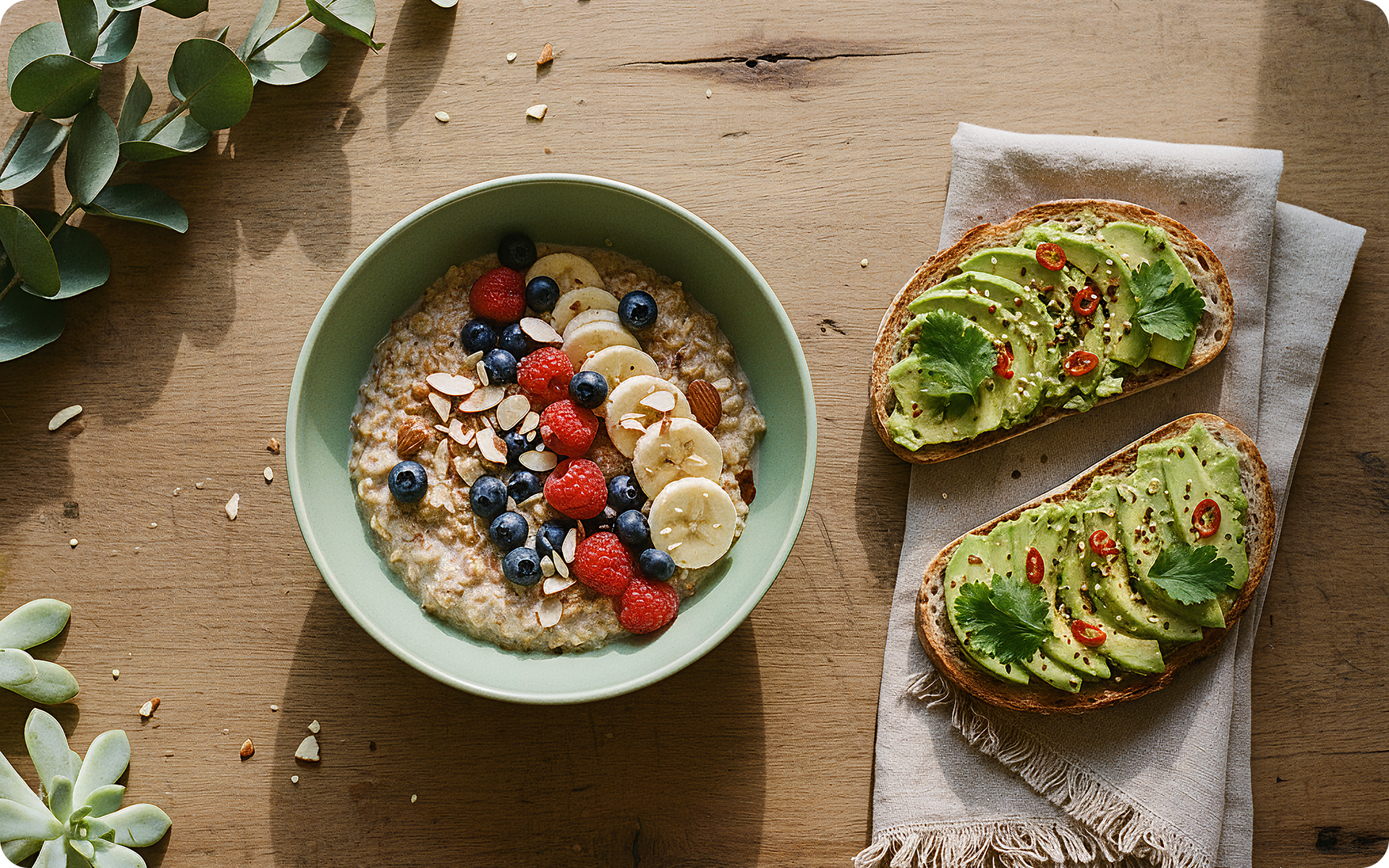Ideal Body Weight Calculator
Sometimes, nothing beats the feeling that comes from being very comfortable in one’s skin. Most times, how a person feels about themselves will determine their attitude towards the people around them. In deciding what a person should weigh, it is vital first to understand how an ideal body weight calculator works. An overweight person risks the development of several health diseases, including cardiovascular problems, high blood pressure, type 2 diabetes, and obesity. Also, a health that is not well managed now could result in several health-related issues later in life.
Most people, as a matter of fact, at some point in their life, will be confronted with challenges of how much they weigh. People will either face the problem of being overweight or underweight when it comes to determining how to calculate ideal body weight. The ideal weight for men calculator and that of women were created to improve healthy choices and lifestyles for most people who have difficulties in this area. Various methods have been developed to evaluate weight as it relates to health, such as body mass index (BMI), body fat content, and body fat distribution (1). None of these methods are perfect, but calculating your ideal body weight and knowing where you fall in relation to it is a starting point to understanding your weight in terms of health.
Ideal Weight Calculator: How Much Should You Weigh?
The ideal weight calculator for body types shows or attempts to know what weight is optimal for various body types that exist. This is why it is a little challenging when answering the question on the best weight for individuals. How much a person should weigh will depend on their body composition and lifestyle, such as routine exercises, types and amounts of food consumed. It makes no meaning for a person who is not willing to choose a healthy lifestyle to start chasing a particular weight for themselves.
The standards set up according to the National Institute of Health’s table for body mass index states that a person’s height should be moderately proportional to their weight as that will ultimately determine their ideal body weight (6).
Whether you’re a workout beast or just a beginner making your first foray into the world of fitness and dieting – BetterMe has a lot to offer to both newbies and experts! Install the app and experience the versatility first-hand!
How To Calculate The Ideal Body Weight?
When attempting to define one’s weight, some factors must be put into consideration.
Some of them are discussed below:
Body Mass Index
This is very important to help individuals know how to find their ideal body weight calculator. BMI compares a person’s weight to their height and is often used as an indicator of overweight or obesity in the medical setting. However, it should be noted that this cannot be the final judge of a person’s health status as it has its shortcomings. A problem with this determinant is that it does not tell the difference between muscle mass and fat, which are two different things; rather, it measures the weight ratio to the height. After calculating one’s body mass index, it will indicate if the person is underweight, normal, overweight, or obese (11, 12).
The Body mass index is calculated by dividing the weight by the height of a person. The result is usually in kilograms per meter square (kg/m²) (13). According to the NHLBI (National Heart, Lung, and Blood Institute), a person who weighs below 18.5 kg/m² is described as underweight (7). A result that is between 18.5 and 24.9 kg/m² is classified as normal, while individuals who weigh above 25 kg/m² but less than 30 kg/m² are said to be overweight. Then, an obese will have a body mass index of 30 kg/m² and above. There is a very thin line between all these classifications; hence understanding how to use the ideal weight calculator is essential (16).
Waist-To-Hip Ratio
Because the BMI does not consider the difference between lean muscles and fat, it may give misleading information in the determination of ideal weight. It is, therefore, useful to find out the ratio of one’s waist to the hip. An individual should become cautious and take the necessary precautions when they begin to notice that the waist-to-hip ratio has started rising beyond 0.80.
The World Health Organization, through its guidelines, has advised that the ideal body weight calculator for females should produce a waist-to-hip ratio below 0.85. Anything above this range could mean increased abdominal fat storage, which can be associated with some health issues. After combining the results obtained from the valuation of body mass index with the waist-to-hip ratio, a person is bound to get a vital knowledge of the amount of abdominal (or visceral) fat they have.
Likewise, men have been advised to keep their waist-to-hip ratio below 0.9. This is thought to reduce the risk of cardiovascular problems.
The waist-to-hip ratio can be described as a better indicator of health and heart challenges. A research carried out on the health data of 1,349 persons in about 11 different countries concluded that people with a greater waist-to-hip ratio have a higher risk of surgical and medical complexities associated with colorectal surgery (18).
Waist-To-Height Ratio
A person’s waist measure relates to their height, which is why it is essential to know how much they should weigh per time. This knowledge also helps understand and predict if a person is susceptible to some diseases of the heart, diabetes, and the mortality rate. The truth is that someone whose height is more than twice the waist measurement value is more likely to enjoy a healthier life than an individual whose waist measurement is close to the height measurement.
To evaluate the waist to height ratio, a person should divide the value of their waist measurement by height. If the result is less than 0.5, that’s fine for having an ideal body weight. As a result, it is expected that a person who is about 6 feet (183 cm) in height should look towards having a waist measurement of about 81 centimeters (32 in).
Research published in 2014 found that the waist-to-height ratio indicates a healthy lifestyle better than body mass index because it can be used to check the susceptibility to stroke and hypertension (19).
Read More: Calisthenics vs Weights: Which Road Should You Go Down?
Ideal Weight And Body Fat Calculator
The fat stored in a person’s body at every given point in time will go a long way in determining the health of such individuals and their ideal body weight. The percent of body weight calculator, in this case, will be based on the individual’s body fat and their total weight at that time.
There Are Two Types Of Fats To Be Considered:
the essential and storage fat (4, 5, 8).
1. Essential Fat
This describes the kind of fat that a person requires for daily sustenance and survival. It determines various functions of the body. According to the American Council on Exercise, the ideal essential fat in women should be between 10-13%, while that of the male folk should be about two to five percent (15).
2. Storage Fat
This is used to describe the adipose tissue, which helps to secure vital internal organs in the chest and stomach region. The body can also call on these types of fats when it needs an alternative source of energy. The amount of storage fat in an individual will depend on the result of the ideal weight calculator body type and the activities that a person is involved in.
Athletes, male and female, are expected to have a body fat of about six to 13% and 18 to 20%, respectively. The acceptable fat content for males and females who are not involved in athletic activities is 18 to 25% and 25 to 30%, respectively. Anything above this value might be described as being overweight, which is closely related to obesity. Having a considerable amount of body fat is risky as it could lead to stroke, high blood pressure, heart diseases, and diabetes. Evaluating the percentage of body fat may help individuals discover their fitness level and health status (9).
The most common method of calculating the body fat percentage is by measuring the skinfold. The measurements from this method are obtained from using the caliper to measure the tissues of the chest, abdomen, and thigh for men and upper arm for women. Other methods may be used, as well. They include the air densitometry that measures displaced airdual-energy X-ray absorptiometry, bioelectrical impedance analysis, and hydrostatic body fat measuring, which is also referred to as underwater weighing (4, 5, 14).
The reading obtained from all of the techniques mentioned earlier is not necessarily a hundred percent accurate, but the estimations are close enough. They give a reasonable assessment of optimal body weight.
To Calculate The Body Fat Percentage By The Skinfold Measurements,
a person must ensure that the following procedures have been adhered to (15):
- All measurements taken are on the right side of the body or mark the part of the body that has been measured in case there is a need to repeat some measurements.
- Hold the skinfold with the left index finger and thumb.
- Use the skinfold caliper to hold the skin fold in the left hand in place.
- Read the measurement on the caliper to the closest 0.5 millimeters.
- Take at least two readings on each part of the body that has been chosen to be measured. But then, the second measurement must be done 15 seconds after the first measurement.
- Keep taking measurements from different body sides until at least two readings differ by a little less than 1 millimeter.
After calculating and obtaining figures from the various body mass index, weight-to-height ratio, waist-to-hip ratio, body fat percentage, and other factors that influence weight, the person can then seek advice on what their ideal weight should be.
Read More: Hot Yoga Weight Loss: Become The Fittest, Leanest, And Strongest Version Of Yourself
Some Factors That Will Affect How To Find Ideal Body Weight Calculator
Some factors that will affect how to find ideal body weight calculator to prevent the risk of being overweight or obese include the following (9):
Inherited Genes
The tendency to be obese can be traced to the family history of a person. There is a possibility of getting overweight if one or both parents of a person are overweight. The gene that a person inherits from their parents will go a long way in determining how many excess fats they will have stored in the body.
Race Or Ethnicity
A person’s race or ethnic grouping may be studied to know the type of weight the person is likely to have. Asian Americans are said to have the lowest tendency of being obese, while African Americans have the highest susceptibility to being overweight (9).
Sex
The challenges of being overweight in America are more commonly faced by black or Hispanic women than their male counterparts. Men are generally considered to weigh more than their female counterparts even though females have a higher percentage of body fat. The sex of a person may also determine the total fats stored in the body and where it is stored. Women, most times, store excess fat in their buttock or hips region, while men store fats in the belly region. Having too many fats stored in the body increases the risk of heart-related diseases.
Activity Levels And Eating Habits
The type of food a person loves to consume and daily activities which they are usually involved in may determine how easy it will be to attain ideal body weight. A person who is fond of eating processed or canned foods and sugary or sweetened foods and creams stands a risk of being overweight. Also, if a person is used to sitting or sleeping with little or no involvement in physical activities or exercises, then there is a tendency that such person will become overweight or obese (9).
Lack Of Sleep
A person who does not sleep much may find the need to eat more than their daily calorie intake due to staying awake, which may lead to obesity if not controlled.
Family Habit And Culture
The type of habits cultivated by the family that raises an individual and the forms of cultural practices they are involved with will say a lot about the person’s weight. A family who instills the importance of being physically active in its members is less likely to suffer from the menace of obesity. Some cultural and religious practices also influence the type of food a person will eat. For instance, some cultures are used to preparing their meals in fried forms, which may increase their calorie intake and weight.
Environmental Factor
Your surrounding environments will go a long way to determine how much you weigh. If you leave or work around a place that offers easy access to certain foods that do not promote a healthy lifestyle, you may fall victim to consistent snacking on foods and drinks that will not help achieve ideal body weight.
Age
As people grow in age, the amount of their muscle mass reduces, and the tendency to store surplus body facts increases. This phenomenon is natural, although it is very possible to reduce aging effects by following some specific types of habits. These include exercise, stress level, amount of sleep, and kind of diet consumed. At a certain age, say around 70 years, most humans lose between 1.5 to 2 inches in their height.
Height
This is yet another factor that determines the ideal body weight. A tall person will usually have higher body fat and muscle mass, which influences weight. A person with larger bone anatomy will weigh more than an individual with a smaller bone density even if they both have similar heights.
Want to build an attention-grabbing bubble butt, blast away fat that’s stored in all the wrong places, spring-clean your diet, turn back the clock on your skin, skyrocket your self-confidence and shatter your insecurities? Check out the BetterMe app and set this plan in motion!
How Much Should I Weigh?
Various formulas have been developed to help evaluate what weight is ideal for human beings. The actual reason that these formulas were created was to calculate the dosage for drugs.
Some of these said formulas, their developers, and the date of development are listed below (9, 17):
- G.J Hamwi’s 1964 formula encourages men to weigh about 106 lbs at 5 feet (60 in), which should increase by 6 lbs for every inch they grow. Women, on the other hand, are expected to weigh about 100 lbs at 5 feet, and this should increase by 5 lbs for every inch that they add to their height.
- B.J Devine’s 1974 formula was influenced by the drug dosages given to patients based on their height and weight. A man whose height is 5 feet is expected to have an ideal weight of 50 kg plus 2.3 kg for every inch above 5 feet. Most females at 5 feet are expected to have a perfect weight of 45.5 kg plus 2.3 kg for every inch above 5 feet.
- J.D Robinson in 1983 came up with a formula which suggests that at 5 feet, a man should weigh about 52 kg, and there should be a 1.9 kg increase for every inch that they grow. The woman, according to his formula, should weigh about 49 kg at 5 feet. For every inch above 5 feet, there must be a corresponding 1.7 kg increase in weight.
- D.R Miller in 1983 posited that the ideal weight for a man at 5 feet should be 56.2 kg, and he must add at least 1.41 kg for every inch above 5 feet. However, women are expected to weigh about 53.1 kg at 5 feet and must add at least 1.36 kg for every inch that is added to their height.
The Ideal Body Weight
Most experts would agree that the ideal body weight values derived from these equations are of limited use and are difficult for most people to achieve. Generally speaking, if you are within 10% of your ideal body weight as calculated by one of these equations, you are in great shape.
The World Health Organization’s approved BMI range for healthy people is between 18.5 kg/m² and 25kg/m². Once the figure is known, determining what weight an individual should maintain becomes less stressful. Little wonder many health professionals use it to predict potential health problems that their patients have (10). The point is that the higher the Body Mass Index of a person, the more likely they are to suffer from health diseases.
People should try, as much as possible, to ensure minimal error while measuring their weight, height, hips, waist, and skinfold. The determination of the various factors that will help calculate whether a person is close to their ideal weight will depend on how accurately their measurements are. An individual can take their measurements at home using the bathroom scale for their weight and the meter or tape rule for their height, width, and length (2, 3). The measurement of weight must be done with the appropriate scale for different persons.
Some Examples Of Scales Include:
- Chair scales
- Standing scales
- Bed scale
- Wheelchair scales
- Hoist scales
A Point Worth Noting
Most of the formulas for calculating the ideal body weight are not specific for individuals and are influenced by various factors. It is, therefore, not an accurate determinant of what weight is suitable for different persons. The majority of the formulas use height and weight without considering the physical conditions of handicaps, the financial capacity of individuals to afford adequate nutrition, lifestyle choices, stress level, and the ratio of muscle mass to body fats in a person (1).
Therefore, it is advised that a person should follow certain healthy habits naturally before bothering themselves about whether or not their weight is ideal. A person with a healthy lifestyle and habit often doesn’t have to worry about being underweight, overweight, or obese. Whatever calculations are made after using the ideal body weight calculator, the result should be between the ranges of 18.5 to 25 BMI.
DISCLAIMER:
This article is intended for general informational purposes only and does not address individual circumstances. It is not a substitute for professional advice or help and should not be relied on to make decisions of any kind. Any action you take upon the information presented in this article is strictly at your own risk and responsibility!
SOURCES:
- 12.3: Indicators of Health: Body Mass Index, Body Composition, and Fat Distribution (2019, med.libretexts.org)
- Accuracy and consistency of weights provided by home bathroom scales (2013, bmcpublichealth.biomedcentral.com)
- Accurate measurement of weight and height 1: weighing patients (2020, nursingtimes.net)
- Body fat calculator (n.d., active.com)
- Body Fat Calculator: Get an Instant Body Fat Percentage (2020, verywellfit.com)
- Body Mass Index Table (n.d., nhlbi.nih.gov)
- Clinical Guidelines on the Identification, Evaluation, and Treatment of Overweight and Obesity in Adults (n.d., ncbi.nlm.nih.gov).
- Exercise Keeps Dangerous Visceral Fat Away A Year After Weight Loss, Study Finds (2009, sciencedaily.com)
- Factors Affecting Weight & Health What factors affect weight and health? (2018, niddk.nih.gov)
- How much should I weigh for my height and age? (2020, medicalnewstoday.com)
- Ideal Body Weight Calculator (n.d., clincalc.com)
- Ideal Body Weight Calculator (n.d., healthyeater.com)
- Measuring body composition (n.d., ncbi.nlm.nih.gov)
- Obesity and the Risk of Myocardial Infarction in 27,000 Participants From 52 Countries: A Case-Control Study (2005, pubmed.ncbi.nlm.nih.gov)
- Percent Body Fat Calculator: Skinfold Method (n.d., acefitness.org)
- The Origin of the “Ideal” Body Weight Equations (2000, pubmed.ncbi.nlm.nih.gov)
- Universal equation for estimating ideal body weight and body weight at any BMI (2017, ncbi.nlm.nih.gov)
- Waist Circumference and waist/hip Ratio Are Better Predictive Risk Factors for Mortality and Morbidity After Colorectal Surgery Than Body Mass Index and Body Surface Area (2013, pubmed.ncbi.nlm.nih.gov)
- Waist-to-Height Ratio Is More Predictive of Years of Life Lost than Body Mass Index (2014, journals.plos.org)


















